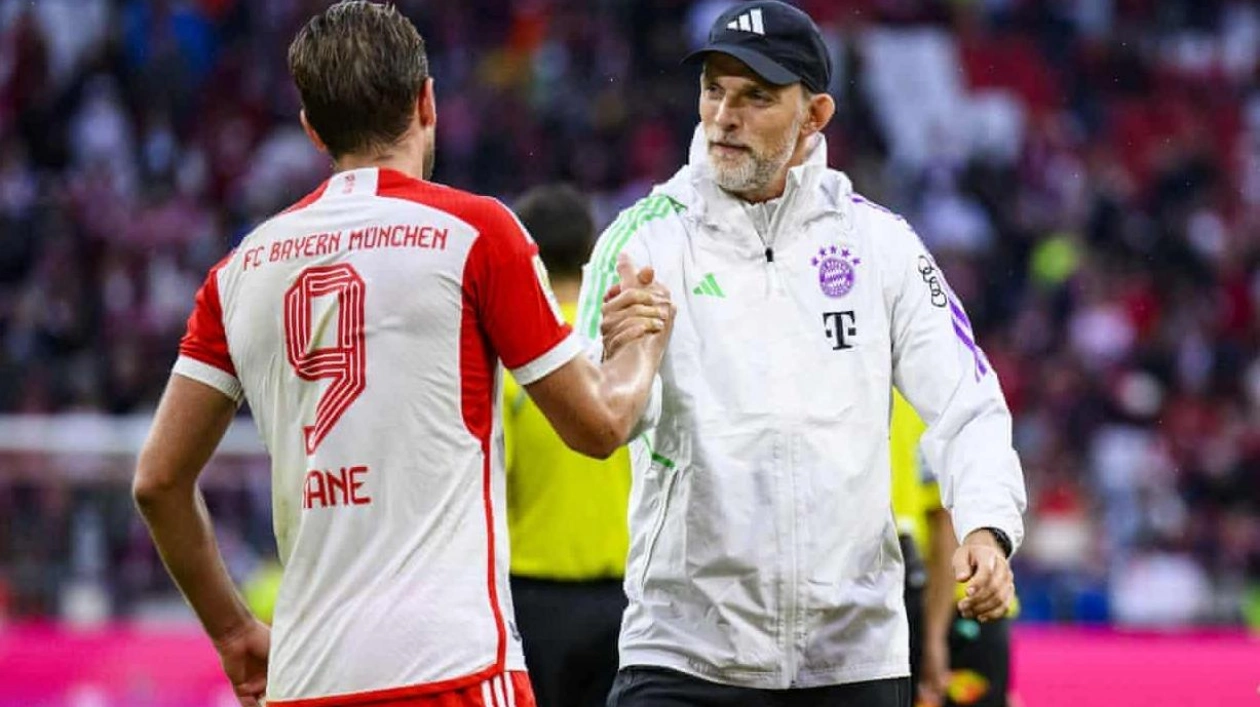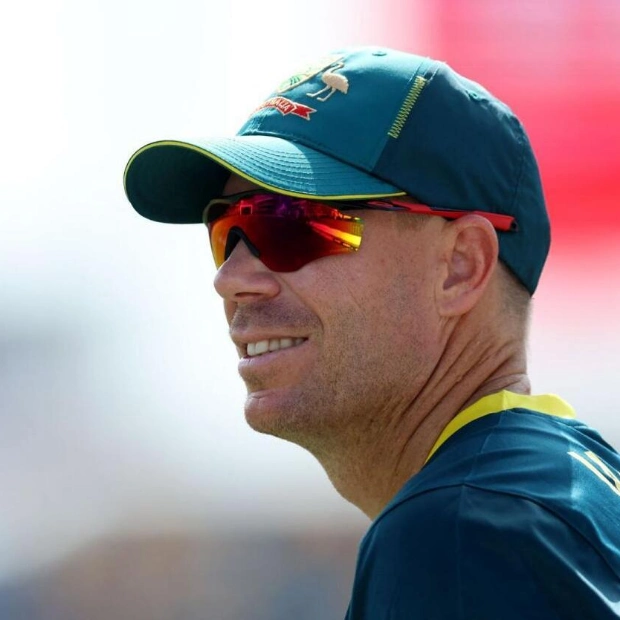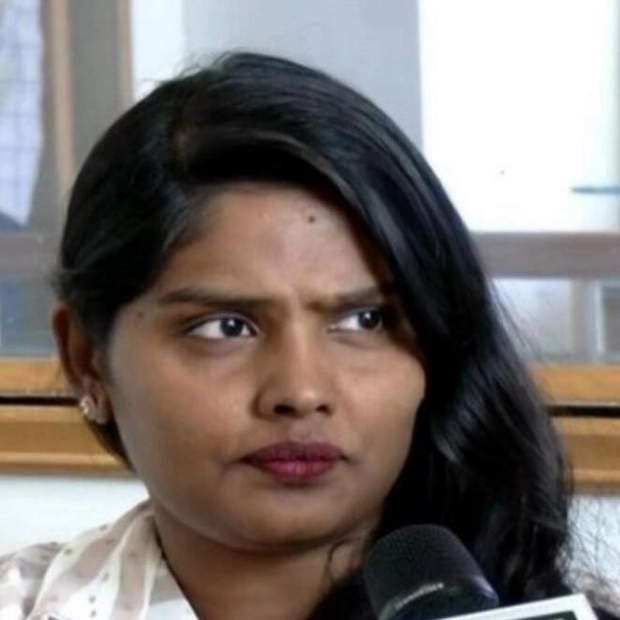“Just nuances,” Thomas Tuchel remarks. As an outsider turned insider, England’s new permanent manager contemplates the team’s long history of near misses. Is it tactical? A lack of individual quality? Perhaps, but in Tuchel’s view, losing a major final on penalties or to a late goal is not necessarily indicative of a profound failure. Sometimes, as the German suggests, success in international football truly hinges on mastering the small details in the most critical moments.
That said, the Football Association’s hope is that replacing Gareth Southgate with one of the world’s leading managers will ensure that England finally add a second star to their shirt. Tuchel does not waste time. His goal is straightforward: win the 2026 World Cup. It is safe to assume that he will not see this role as a “process” or a “project.” For someone like Tuchel, winning is everything. It took him just four months to transform Chelsea from a mid-table team into European champions. For the FA, after Southgate lost two finals, a semi-final, and a quarter-final by the narrowest of margins, the logic must be that a manager with Tuchel’s knockout record at club level could be the missing piece for England.
Questions of nationality aside, it is difficult to argue against the appointment. But an intriguing counterpoint to the argument that the England manager should be English, because international football is supposed to be a battle of the best, is that the FA’s task was to hire a world-class manager. The appeal is clear. A view from close to the England camp suggests that a squad full of stars needs direction from a big-name manager. Where are the suitable English candidates with extensive trophy cabinets and a proven track record of managing elite players? Graham Potter struggled at Chelsea. Eddie Howe has had just one season in the Champions League with Newcastle. Lee Carsley, England’s reluctant interim, has found the media spotlight challenging. Tuchel has managed stars like Harry Kane, Kylian Mbappé, and Neymar.
It is fascinating to revisit 2007, the last time England’s men sought a foreign coach. “Fabio Capello is widely recognized as one of the world’s finest coaches,” Trevor Brooking said after the FA’s recruitment process. “He has achieved enormous success wherever he has worked.” However, Capello’s success did not translate to England. He won a Champions League with Milan and multiple titles in Spain and Italy, but international football proved his downfall. In contrast, Southgate, the former Middlesbrough manager who understood the English football culture, restored national belief.
Club football is different, more intense on a daily basis. While the standard of football is higher, the best club managers have not necessarily been the best international managers in recent years. The most talented coach at Euro 2024 was Germany’s Julian Nagelsmann, who won the Bundesliga with Bayern Munich and led unfancied RB Leipzig to a Champions League semi-final, but he was eliminated in the quarter-finals of a home tournament by Spain. It is a mixed bag. Since the turn of the millennium, there have been significant contributions to the international game from club heavyweights. Vicente del Bosque inherited Spain after Luis Aragones’ triumph at Euro 2008 and led a generational team to further victories at the 2010 World Cup and Euro 2012. Marcello Lippi, dominant with Juventus in the 90s, won the 2006 World Cup with Italy before faltering in the next two tournaments. Guus Hiddink, who took PSV Eindhoven to the European Cup in 1988, made South Korea, Australia, and Russia overachieve. Roberto Mancini, who won titles with Internazionale and Manchester City, was inspirational when Italy won Euro 2020, although he was less impressive when they failed to qualify for the 2022 World Cup.
The error lies in assuming that proficiency in one discipline automatically translates to another. Hansi Flick, a treble winner with Bayern in 2020, struggled with Germany’s Euro 2020 and 2022 World Cup but now has Barcelona leading La Liga. Louis van Gaal had varying degrees of success in his three spells with the Netherlands but never reached a final and did not qualify for the 2002 World Cup. Luis Enrique, a treble winner with Barça in 2015, led Spain to a second-round defeat by Morocco in Qatar. Humiliated, Spain looked inward, promoting Luis de la Fuente from the under-21s and reaping rewards at Euro 2024. Argentina did similarly with Lionel Scaloni, who has won a World Cup and two Copa América titles. Zlatko Dalic, who flew under the radar at club level, has performed wonders with Croatia since 2017. Joachim Löw, who won the World Cup with Germany in 2014, had a few mediocre jobs before focusing on international management. Fernando Santos, European champion with Portugal in 2016, picked up trophies here and there with Porto and AEK Athens. Didier Deschamps won Ligue 1 with Marseille and took Monaco to a Champions League final but his reputation is largely built on his work with France. We are not discussing rivals to Pep Guardiola, Carlo Ancelotti, and Jürgen Klopp.
Ultimately, some managers are more suited to international football than others. Tuchel mentioned the need to adapt to the slower pace and having less contact with his players. “I felt like a eunuch in a harem,” Arrigo Sacchi said of coaching Italy. He dominated Europe with Milan but did not enjoy the limited time available to work on tactical systems in training. “There are definitely different rules of engagement [for appointing a national-team manager],” Dan Ashworth, the FA’s former technical director, said in Jonathan Northcroft’s and Rob Draper’s book, Dear England. “Should he have international experience? Does that matter? It’s a really different role. You don’t really coach that much. They join you on Sunday night. They’re in recovery mode for days one and two and then you’re Matchday -2 and MD -1. Then it’s a game, recovery, Matchday -1, play and they’re gone. That’s a really different skill set and probably harder.” Tuchel is about to discover this. He is brilliant, smart, and innovative. But details matter in tournament play. Marcus Rashford’s penalty hitting the post in a shootout and England losing the final to Italy. Luke Shaw getting injured and Southgate having no fit left-backs. These are the nuances that will occupy Tuchel’s thoughts. He is world-class and capable of outwitting all opponents. But if anyone assumes that Tuchel alone will make England favorites for the World Cup, they have not been paying attention to history.






